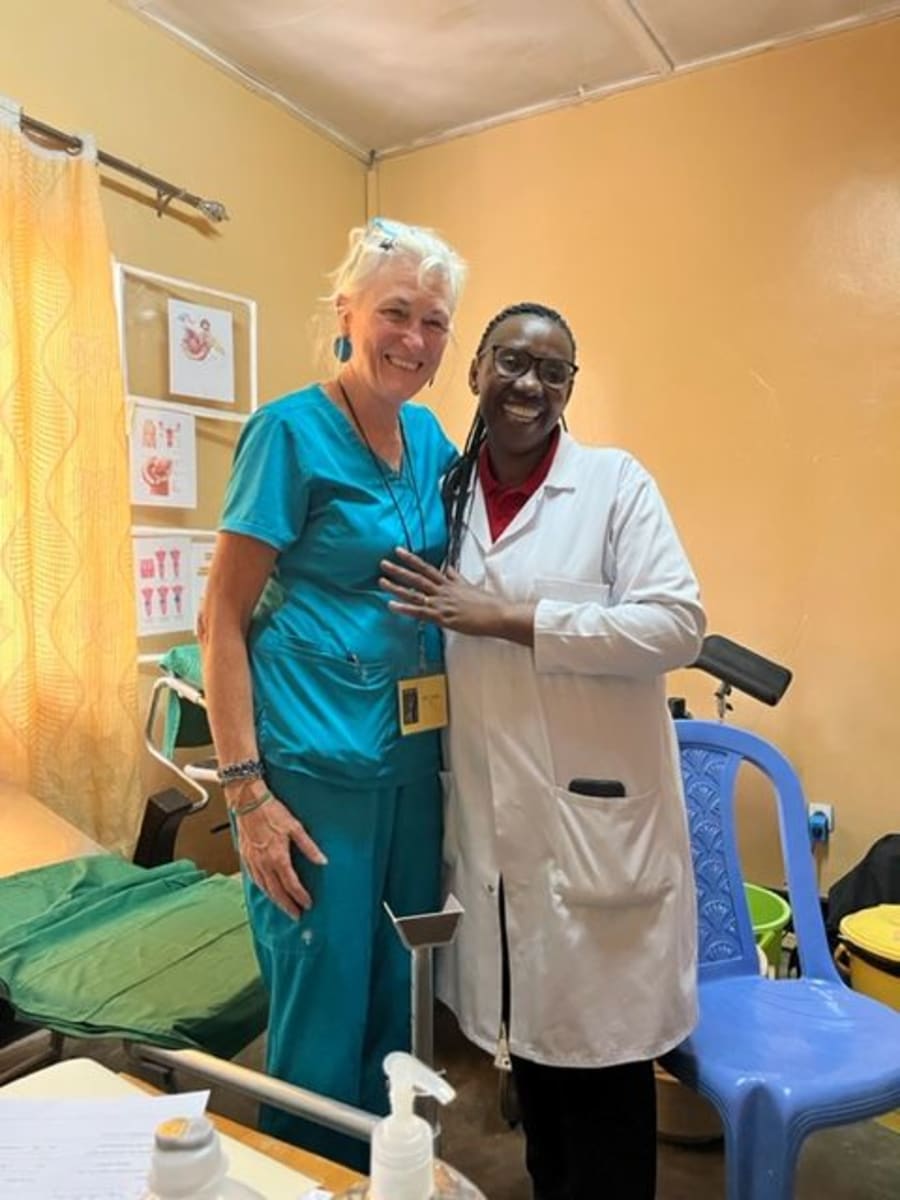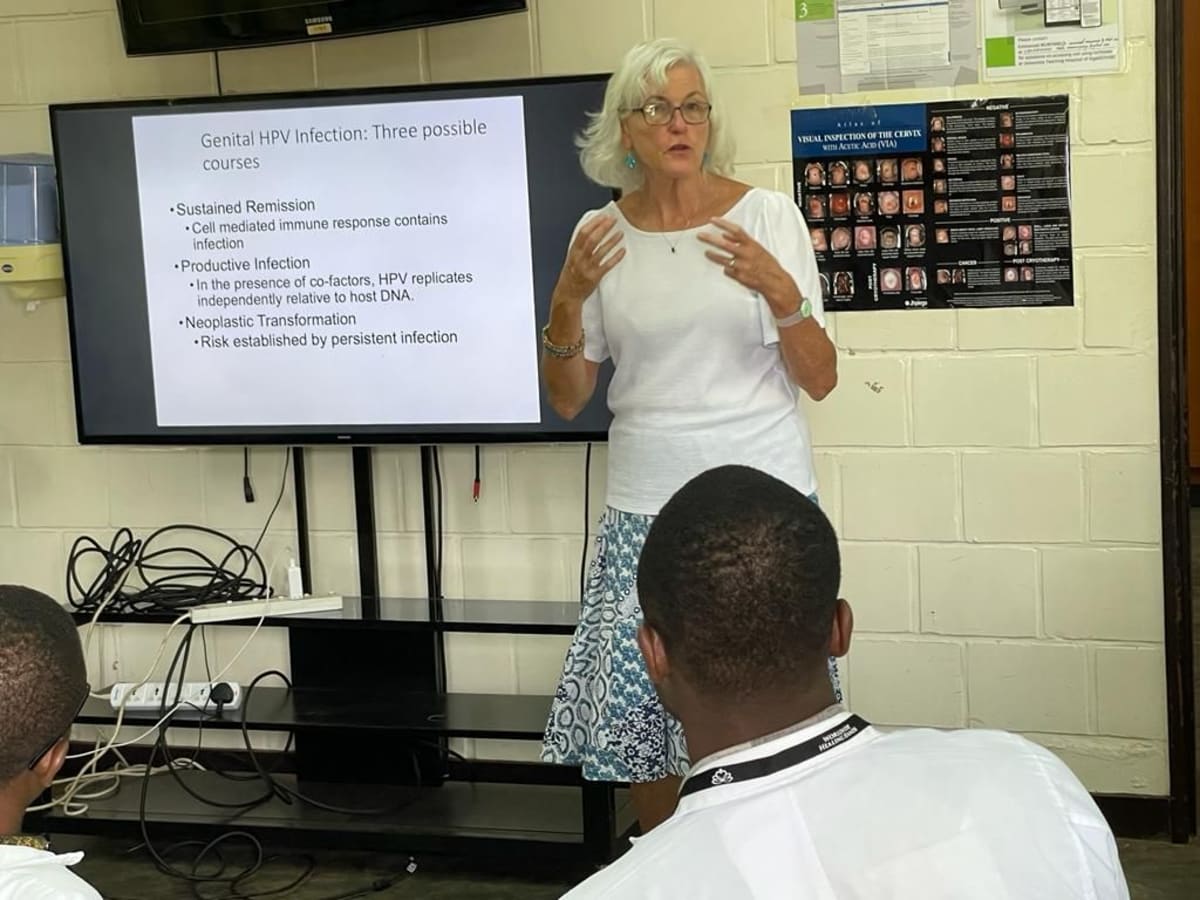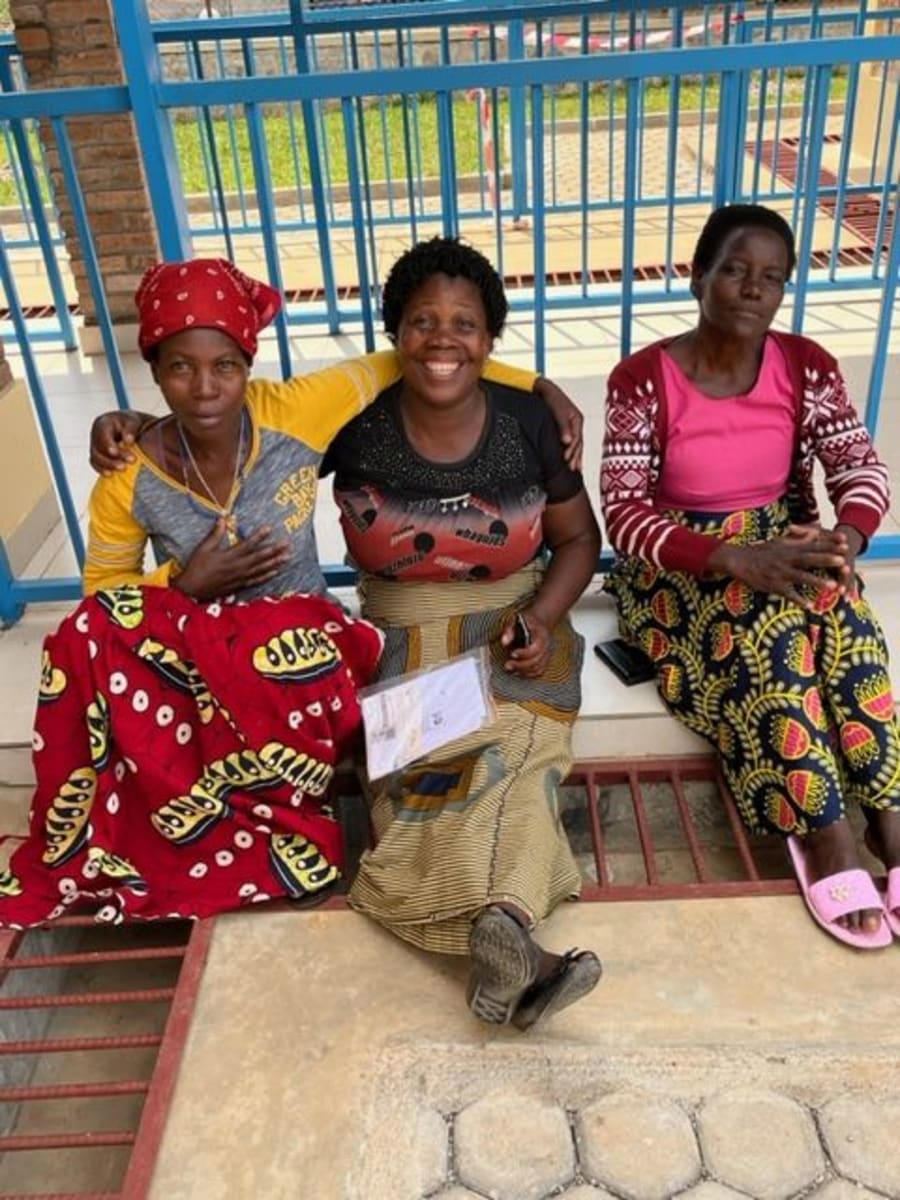This trip will be a follow up of our trip in May. It will be twofold for my interaction: 1) Continuing education and support of the OB-Gyne residents in Kigali of their skills and knowledge about screening and prevention of cervical cancer 2) Outreach to outlying women's health clinics to enpower them to do cervical cancer screening and treatment of precancerous lesions.
Two organizations are involved with this: Worldwide Healing Hands and International Organization for Women & Development.
The overriding goal prevention of cervical cancer in the women of Rwanda. Secondarily the population is the medical providers of these women, empowering them in their screening / treatment efforts
This time in particular, we expect the impact to be broader screening of a very vulnerable population; Cervical cancer is the second leading cause of cancer deaths in Rwanda and is considered to be almost 100%preventable through screening and vaccine.








This is a belated entry to recap a wonderful trip. The cervical cancer team was thin at the beginning because some members couldn't make it, but we started out screening women as we had done in May at the Kibagabaga hospital. In the middle of the week we had been asked to come to an outlying clinic in Gihara where they had invited women in for cervical cancer screening. A group of us were met by wonderful, hard working nuns and did a fair amount of screening
When the full team arrived later in the week, we went to Kacyiru Health Center in Kigali. Clementine, the head nurse is very eager to have her nursing staff run screening clinics, and we planted the seed for this.
This particular mission was a wonderful stepping stone to have cervical cancer screening and treatment of precancerous conditions become an integral part of health care for the women of Rwanda, who continue to suffer unacceptably higher mortality rates from this disease. This is all in keeping with the WHO's directive to address disparities and reduce the burden of cervical cancer through early detection, in addition to vaccinations.
The plan is to continue working in the Kacyiru hospital when we return in May.